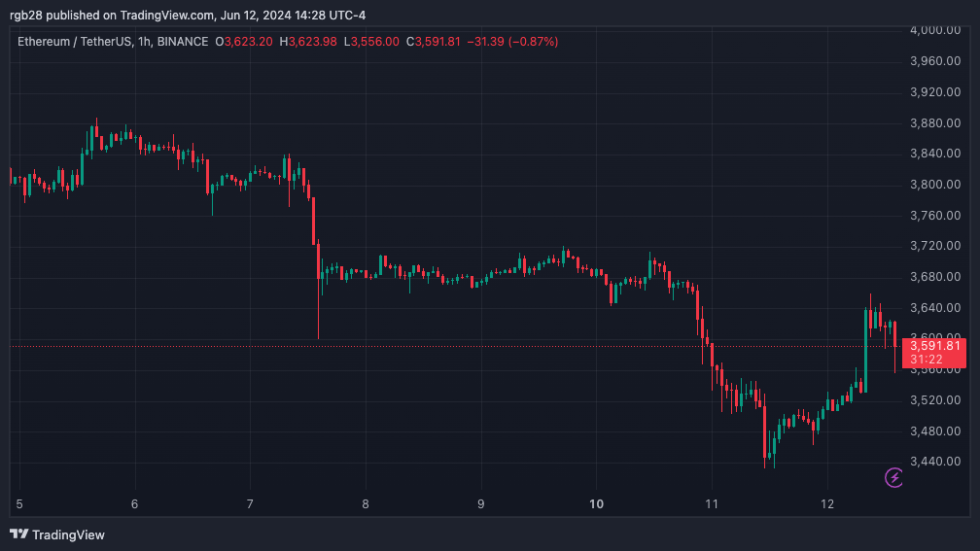The cryptocurrency community has raised objections to zkSync, Ethereum’s ZK Layer-2 scaling solution, following the announcement of its ZK token airdrop. Concerns have been voiced regarding the perceived lack of anti-Sybil filtering and the perceived unfairness in token distribution.
Backlash Overview
zkSync unveiled plans for a ZK token airdrop and distribution strategy, revealing that 17.5% of the 21 billion token supply would be airdropped to 695,000 eligible wallets on June 17. Additionally, 33.3% of the tokens would go to the team and investors to reward early adopters and long-time supporters within its community.

However, criticism arose as users discovered discrepancies in their token allocations. Some active long-term users received lower allocations compared to less active participants, leading to dissatisfaction within the community. Moreover, prominent projects like zkApes and Element NFT expressed disappointment at being excluded from the airdrop despite substantial contributions to the network.
In response, a coalition of projects, including zkApes and Element NFT, formed to advocate for fair token distribution and maintain pressure on zkSync for transparency.
Challenges with Anti-Sybil Filtering
Industry experts raised concerns about the airdrop’s vulnerability to exploitation due to the absence of anti-Sybil filtering. Critics, including Mudit Gupta and Adam Cochran, highlighted the ease with which the criteria could be manipulated by malicious actors, compromising the integrity of the airdrop process.
While some attributed the issue to crypto analytics firm Nansen, Nansen clarified that they were not involved in the ZK airdrop. The decision to forego anti-Sybil measures was based on the belief that such criteria could be exclusionary towards legitimate users. Despite the controversy, zkSync opted for a human-centric approach to identify genuine users for the airdrop.
(…) It’s tempting to eliminate bot swarms by applying strict sybil criteria. But Sybil detection often cuts out real users with arbitrary filters. This was an incomplete approach for the ZK airdrop. The ZK airdrop focuses on identifying real users using a human-first approach.
Reports suggest that Sybil wallets stand to receive a substantial portion of ZK tokens from the airdrop, emphasizing the need for enhanced safeguards in future token distributions.




